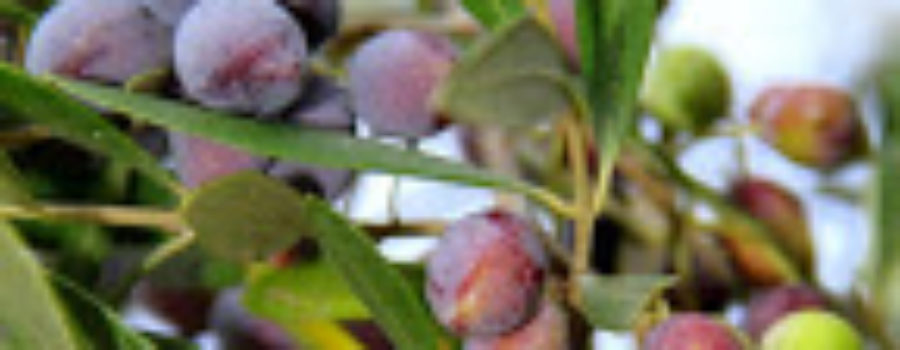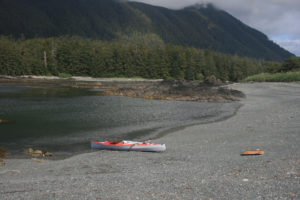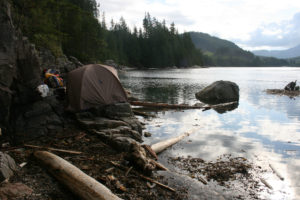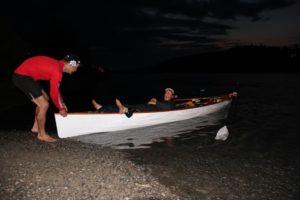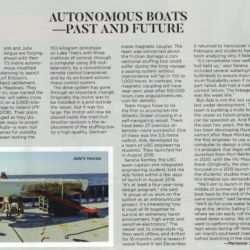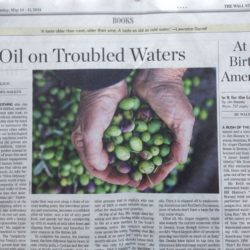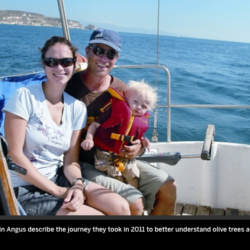
Olives ready to harvest
Things have been pretty busy since our last update, but finally we’ve got a chance to catch up. We’ve just arrived in Crete, and have a few hours to put our feet up.
We’ve left the boat in Sardinia, and are now travelling by public transport in order to keep to our busy schedule. Although sailing is the most exciting way to travel, it’s important that we get to visit the most notable locations tied to the history and cultivation of the olive before heading home at the end of Nov.
One such location is the Mani Peninsula in Greece where we have just come from. We didn’t really know much about Mani apart from the fact that Greece’s largest organic olive oil cooperative, Mani-Bläuel, is situated here. Upon arriving, we were astonished to find a region of spectacular coastal scenery combined with a rich culture still closely tied to the land. Unlike most other coastal regions in the Mediterranean we’d visited, Mani remains relatively unscathed by tourist resorts and holiday homes. Instead, small stone villages with Byzantine and Greek architecture dot the coastline where small coves and beaches offer shelter for the boats. Between villages, great cliffs plunge into the Mediterranean and above the dry slopes of the Taygetos Mountains reach into blue skies. The land is so rugged, in fact, that the first road through this region wasn’t built until 1970, one of the reasons Mani has remained the most traditional area in Greece.
It is on these arid slopes that the olive trees thrive, sustaining the villagers for generations. To this day the lives of the farmers revolve around the cycle of the olive tree, and families are currently gearing up for the start of harvest season.
In past decades, the top-quality oil from this region was bought up solely (for peanuts) by large Italian companies who would ship the oil to Italy and bottle it with Italian labels. In the 1970s Fritz Bläuel of Austria visited the region and recognized the value of the oil the locals were producing. Having very strong environmental and health values, Fritz felt the oil could be further improved by using entirely organic means of cultivation. The first step in creating his organic olive cooperative required convincing the olive farmers to abandon chemicals entirely – not an easy task. It’s a fascinating story, and now, more than 30 years later Fritz has succeeded in converting over 500 farmers to produce chemical free-olive oil, and the Mani people are proud to have their oil sold around the world proclaimed as Mani instead of “Italian”.
The Mani-Blauel bottling plant is situated on the same slopes that the olive trees grow. To ensure low impact on the local environment strict measures are taken including producing all the energy required through solar panels; much more costly than carbon offset taxes and testament to the company`s values.
While visiting the Mani-Bläuel operation we were treated frequently to the Mani cuisine. Composed mainly of local ingredients, plenty of vegetables and lashings of world-class olive oil, we couldn’t help but feel we’d discovered the fountain of youth for food. If it wasn’t for the heavy smoking, a disregard for seatbelts, and clan battles of decades past, likely every Mani-ite would live beyond 100.
We were sad leaving Mani behind, feeling one could spend a year getting to explore this beautiful forgotten corner of Greece, however, there are more places to see. We just arrived in Crete this morning and in a couple of days will witness the first pressing of this season’s olive oil at a local mill. Additionally, there is a conference taking place here on olive biotechnology where world olive experts will share their latest finds on the olives origins, tenacity and more. We’ll keep you posted…

